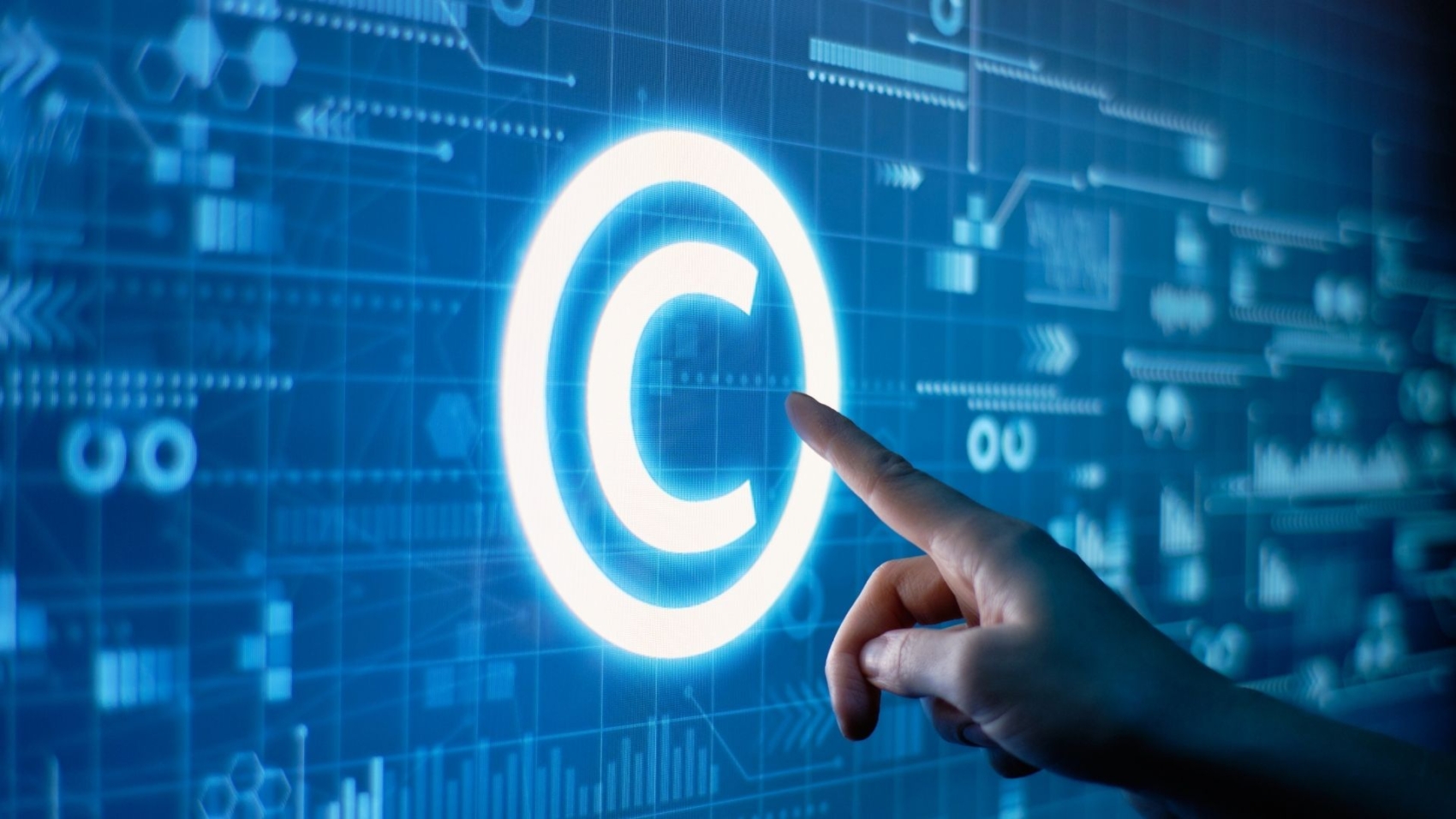Welcome
If you start a business, there can be different types of intellectual properties. As a businessman, you possess certain rights on these. In this short blog, we will give you a basic idea about different types of IPs in an easy way.
What are Intellectual Properties (IP)?
In simple terms, IP is intangible assets. Intangible means things that cannot be physically seen. As an example, your business is popular. But that popularity cannot be seen. There are metrics like ratings and reviews that are used to express that intangible asset.
3 major types of IPs:
- Trademark
- Copyright
- Patent
What are trademarks?
Trademarks can be the symbol, logo, slogan, name of a company.
In order to use these trademarks commercially, permission from the company owners are necessary. Or it may result in imprisonment or monetary penalties up to 2 lacs, in India. Trademark does not have any expiry date.
™ is the symbol of trademarked product when it is not registered.
® is the symbol of trademark when it is registered.
An an example, ‘Abtaran’ is the trademark of Abtaran App Store Private Limited.
And the logo is also its IP

How to know if a company has trademark in India?
You can easily find it by searching on the portal of ‘Public search of Trade Marks‘
There are different classes that indicate different types of products or businesses. As an example, a medicine has a different class than a hospitality service. Find the list of classes here.
On the portal, you can search with the name of the trademark and the class to find details.
What are copyrights?
Copyrights are applicable for painting, digital artworks, codes, software, sculpting, drawing, engraving, photography, artistic craftsmanship, dramatic work, literary work, musical work, sound recording, and cinematography.
The owner enjoys a lifetime copyright + 60 years after death. The owner can do anything with the element and without the owner’s permission, no one can amend the artwork.
An example of a art copyright can be The Monalisa by Leonardo Da Vinci. Even if the ownership of the art changes, the owner cannot do certain things like modifying the artwork due to laws.

Copyrights are applicable for NFTs as well. After a NFT is sold to a new owner, the person does not get the right to use it as he wishes. As an example, the person cannot modify it, use it commercially without creator’s permission. Do you remember the Pokemon or WWE tazos? NFTs work like that- you can showcase those and resell those to earn profit but you cannot claim the copyrights or use commercially.
Check out Abtaran App Card NFTs.
Eg: To remix a song legally, you’d need to contact and get permission from the song’s writer(s), publisher(s) and the owner(s) of the sound recording. Then, if they choose to make it an official remix, you’d need to sign a license agreement that details how you’ll split the royalties.
© is the symbol to tell that something is copyrighted.
Watermark is another way to claim copyright.
What is the different between a trademark and a copyright?
A copyright is used to prevent others from using your creation without consent.
A trademark is issued to help distinguish and differentiate your brand, mark or logo from others.
A copyright and trademark can be automatically earned as we create the artworks, though someone can rarely decide to legally register it by paying money.
What are patents?
If you have patent of something, only you can use it for commercial purpose. You can sell the patent and even after that, you will get a royalty from the future sales.
As an example, a phone company can have a patent of certain technology. If another company wants to use it, they have to pay the first company to manufacture it for them. Patented technologies are not usually given away to secure competitive edge in the market.
IT act 2000 and IT Amendment Act 2008- Some of the important points are mentioned in our policies. You will be checking them out after sometime during this training.
Did you know?
Industrial design and technology product models are also considered IPs.
What are some IP laws in India?
- Trade Marks Act, 1999
- The Patents Act, 1970 (amended in 2005)
- The Copyright Act, 1957
- The Designs Act, 2000
- The IT Act, 2000
- The IT Amendment 2008
- Cyber security regulations
Feel free to share your articles and blogs with us. It is simple and free to blog at BlogSutram.
Create your Guest Blogger account here or Log In with your credentials
Write your Blog in the Guest Post section. And submit it.
For further reading:
- https://www.indiacode.nic.in/handle/123456789/1993?locale=en
- https://legislative.gov.in/sites/default/files/A1999-47_0.pdf
- https://ipindia.gov.in/writereaddata/Portal/IPOAct/1_31_1_patent-act-1970-11march2015.pdf
- https://www.wipo.int/edocs/lexdocs/laws/en/in/in018en.pdf
- https://copyright.gov.in/documents/copyrightrules1957.pdf
- https://www.mondaq.com/india/copyright/607438/copyright-protection-of-online-content
- https://www.indiacode.nic.in/handle/123456789/1367?sam_handle=123456789/1362
- https://www.indiacode.nic.in/handle/123456789/1999
- https://police.py.gov.in/Information%20Technology%20Act%202000%20-%202008%20(amendment).pdf
- https://eprocure.gov.in/cppp/rulesandprocs/kbadqkdlcswfjdelrquehwuxcfmijmuixngudufgbuubgubfugbububjxcgfvsbdihbgfGhdfgFHytyhRtMTk4NzY=
- https://www.appknox.com/blog/cybersecurity-laws-in-india
- https://vakilsearch.com/advice/trademark-vs-copyright/
- https://www.nerdwallet.com/article/small-business/trademark-vs-copyright
- https://www.investopedia.com/articles/investing/111014/patents-trademarks-and-copyrights-basics.asp
- http://www.intellectualpropertylawfirms.com/resources/intellectual-property/intellectual-property-basics/patent-trademark-copyright.htm


